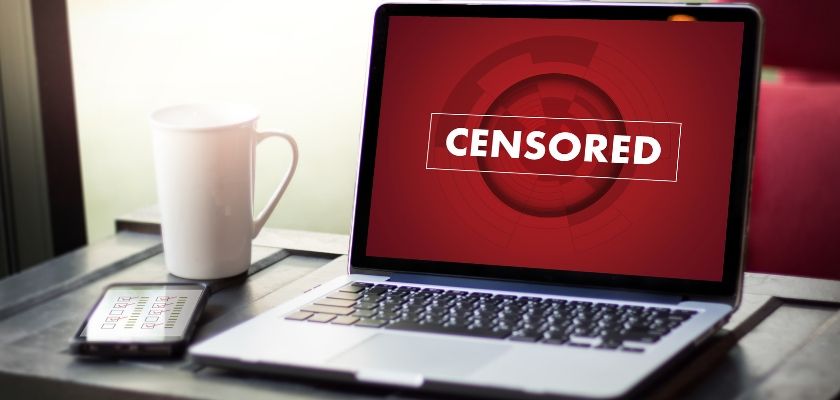The United Kingdom still struggles with Brexit – or is it vice-versa?
Anyway, Brexit is that 2016 vote that a majority of UK’s citizens cast in favor of leaving the European Union (EU) as a member-state – and moving forward as a nation, independently.
And it’s not unfair to say that the normally quirky UK-based Register website loses much of its, well, quirk – every time they try dealing with this apparently painful and divisive issue.
The website now reports about big fines planned by the UK government, targeting hosting companies – over something described as “unpleasant” videos. Described, that is, by the EU.
But UK’s Ofcom – a portmanteau for the British government’s Office of Communications – may only end up enforcing the new rules from September 19 until the end of October when the UK is slated to leave the EU.
In case the UK manages to leave the EU in the meanwhile – most of these bets would seem to be off. However, according to the report – whether or not a member of the EU – the country will reportedly seek to “set up a new regulator to oversee such content.”
Now – what “unpleasant” content are we talking about?
According to the report, it seems to be geared towards protecting the children.
“It aims to protect children from violent, pornographic or ‘extremist’ content,” the Register writes, adding that the new rules aim to include “sharing sanctioned video broadcast and video on demand services.”
And while EU members can choose how to punish those found transgressing – London seems to be inclined to “extend Ofcom’s existing powers to impose fines on broadcasters and on-demand services of £250,000 or five percent of revenue to Video Sharing Platforms (VSPs),” the Register writes.
In a statement, Ofcom described the new rules as an important first step -and pledged they would work “closely” with the government to implement them.
“We also support plans to go further and legislate for a wider set of protections, including a duty of care for online companies towards their users,” an Ofcom statement is quoted as saying.
Meanwhile, the UK Department for Digital, Media, Culture, and Sport is said to be “still consulting on how the rules will work in practice – and there is plenty of room for confusion.”
“Services will either be required to apply to Ofcom for a license, notify Ofcom or just agree to follow Ofcom’s rules,” the article said.
“The consultation document notes possible confusion over exactly which sites and services will be defined as ‘Video Sharing Platforms’. Ofcom called on the government to provide more clarity while also admitting that the changing nature of the market might make this difficult,” the Register writes.
But – the directive will apparently exclude “video clips embedded in the editorial content of electronic versions of newspapers and magazines and animated images such as GIFs” – in other words, the UK doesn’t plan to implement a “meme tax” like that the EU has done recently – at least not for the time being. And at least not before its pending and murky status as a sovereign – or not so much so – state has finally be resolved.
At the same time, the Register writes, the UK government aims to make the industry pay for any “further regulation activities.”













